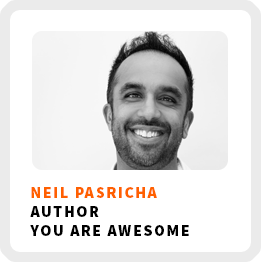Life Skills That Matter Podcast
Learn all the different ways people have designed work that works for them by listening to the Life Skills That Matter Podcast.
The LSTM Podcast was launched in 2016 and paused in 2021.
There are almost 400 episodes with 2 million downloads.
It has been named a top podcast for solopreneurs by SCORE and a top career podcast by Mac’s List.
Listen on one of the podcast platforms below or your favorite podcast app.

























